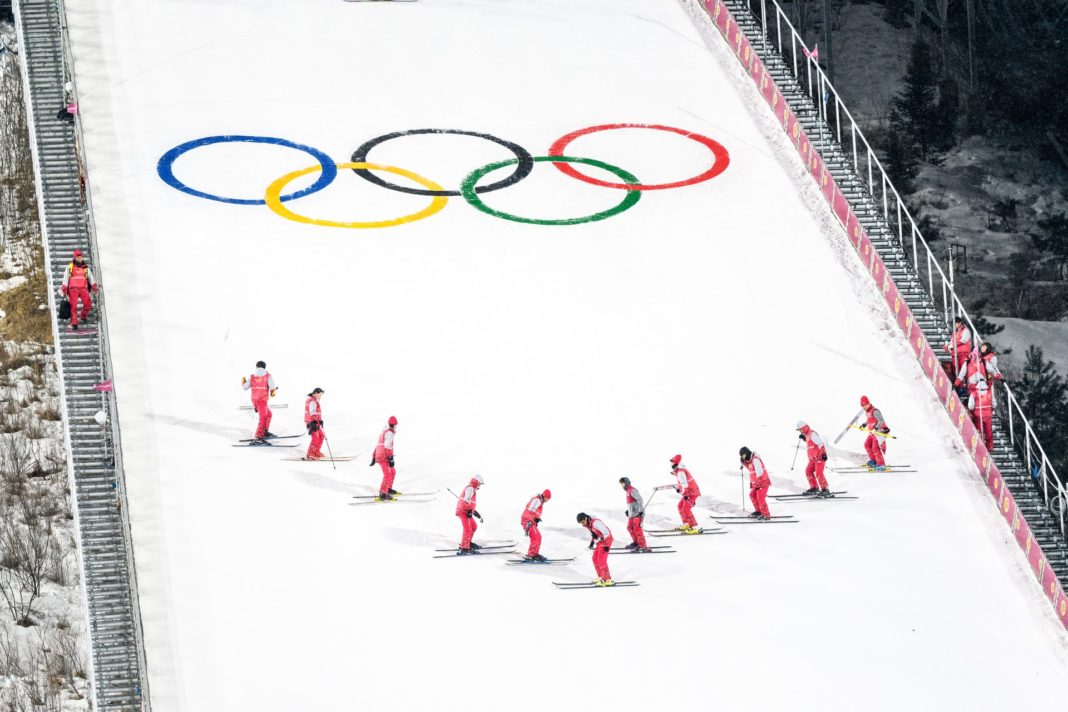The news that comes out in the UK this week is that England has been awarded the right to take part in the 2016 Olympic Games. The government of the United Kingdom is no longer going to allow any of their counties to be denied their share of the games due to the country’s geographical location. This news comes on the heels of a decision by the European Court of Justice which was handed down on the 12th October 2014.
The reason the Court was handed down on this is because of the fact that the ruling on the case involved the legality of the British constitution of the European Union. As a consequence, the UK is not allowed to take part in the sport. The British constitution only guarantees the British citizens, not their elected representatives, the right to vote and the right to hold a referendum.
This is going to be interesting, as I’ve been wondering whether the European Court of Justice’s ruling might force the UK’s parliament to allow the referendum on the United Kingdom’s EU membership. However, there is already plenty of public opinion against the idea.
It’s quite possible that if the British people voted against the EU, by default the UK could be left out of the Eurovision Song Contest. It would be quite a big blow to a country that is already struggling with a huge budget deficit. But is it really that big a deal? It’s not like the British government would be able to afford a big prize (and there is no shortage of great singers competing for the contest).
If the British people want to go out and find an alternative to the EU, a simple referendum would be the way to go. In a referendum, you would be able to choose between two competing options. One option would be to stay with the EU and watch the Eurovision Song Contest, and the other option would be to leave the EU and join one of the other Eurovision countries in the song contest. A referendum is often referred to as the “democratic choice” in politics.
A referendum has only been used a few times in the past, usually to support a particular political party or initiative. Usually, the people who have the option of staying in or leaving the referendum group the decision in the hands of a single MP, usually the MP who has the biggest vote in the constituency. This is why a referendum is a difficult and contentious vote.
The other Eurovision songs in the contest are: “The One”, “The One”, “The One Campaign”, “The One Campaign”, “The One Campaign Is a Lot”, “The One Campaign Is Not a Lot”, and “The One Campaign Is Not a Lot”.
So as far as the song goes, the vote is really quite straightforward. The song is a duet between the Eurovision favourite and one of the Eurovision favourites. I think even the voting public knows what the result of the vote is, so it’s not that hard to figure it out. On the other hand, it is a bit strange to see the song with the other Eurovision songs at the end of the contest.
Even though the song is quite simple, the voting is actually very open. So if you want to write about the result, or the song, you can. The song itself is about the Eurovision Song Contest. I can also tell you that the song is not really a duet. It’s more of a duet between the Eurovision favourite and the other Eurovision favourite. The other Eurovision favourite is the winner of the Eurovision Song Contest.
I think it’s a bit strange that the winner of the Eurovision Song Contest and the winner of Eurovision were not the same person. You know, like if it was like a tie in the voting. That would be a bit weird. But I can’t say that I’m too sad to see those two teams.









